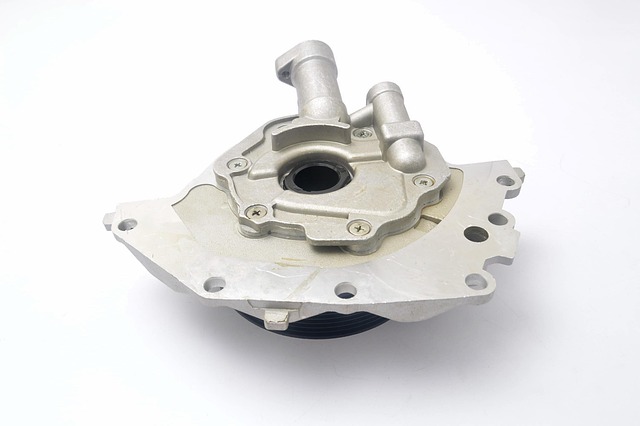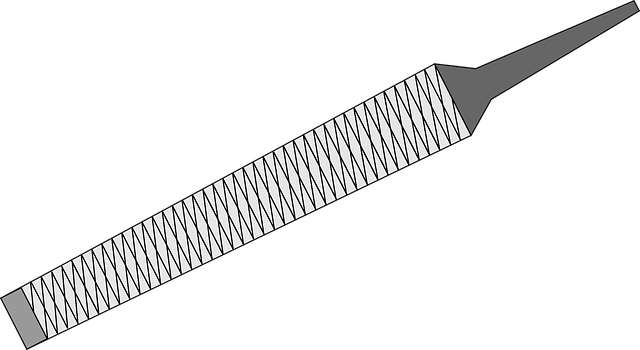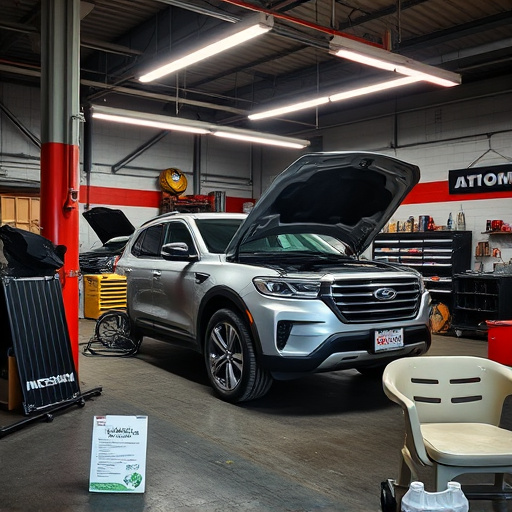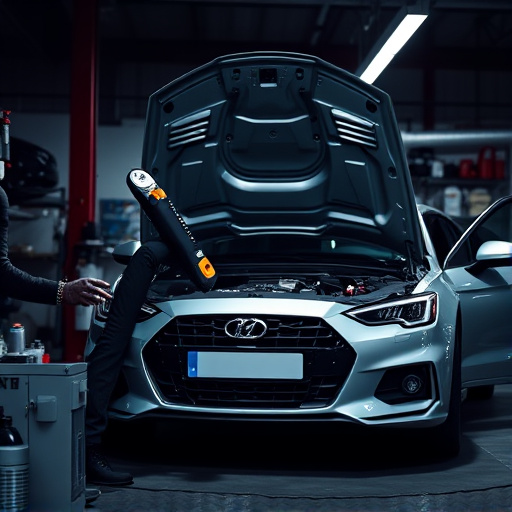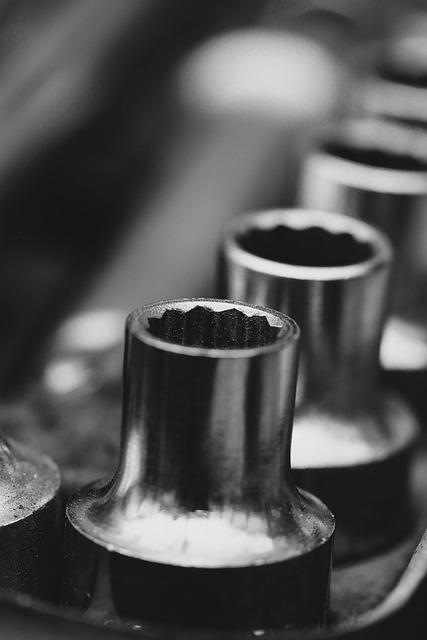Body panel insulation is a vital step in collision repair, protecting panels from extreme temps, preventing deformation, and ensuring structural integrity. It enhances energy efficiency, mitigates rust/corrosion, improves soundproofing, and creates controlled environments, benefiting both vehicle and facility. Essential for luxury vehicles and reputable repair services.
In the realm of collision repair, efficient and effective body panel insulation is an unsung hero. This innovative process plays a pivotal role in enhancing vehicle performance and ensuring superior quality repairs. By understanding the fundamentals of body panel insulation, collision repair shops can optimize their processes. This article delves into the basics, highlights its crucial role, explores benefits, and provides best practices for installation, offering a comprehensive guide to mastering this game-changer in the industry.
- Understanding Body Panel Insulation Basics
- The Role of Insulation in Collision Repair
- Benefits and Best Practices for Installation
Understanding Body Panel Insulation Basics

Body panel insulation is a crucial process in collision repair shops, playing a significant role in ensuring top-quality vehicle restoration. It involves the use of specialized materials to line and protect the inner portions of car body panels, such as doors, fenders, and trunks. These panels are often subjected to extreme temperatures during the repair process, from heat generated by welding to cold from certain cooling systems.
Proper insulation helps maintain a consistent internal temperature within the vehicle’s body, preventing warping or deformation of metal components. In collision repair services, where fender repair and vehicle bodywork restoration are common, insulated panels ensure that the structural integrity of the vehicle is maintained throughout the process. By mitigating thermal stress, these materials contribute to longer-lasting results, enhancing both the safety and aesthetics of the finished product.
The Role of Insulation in Collision Repair

In the intricate process of collision repair, body panel insulation plays a pivotal role. Beyond simply protecting metal from rust and corrosion, proper insulation acts as a critical barrier during the heating and cooling phases of autobody repairs. By regulating temperature fluctuations, it safeguards delicate components and ensures the structural integrity of the vehicle. This is particularly crucial when handling complex fender repair or other intricate auto body repairs, where even minor temperature shifts can cause warping or misalignment.
Moreover, effective body panel insulation enhances energy efficiency in collision repair shops. It minimizes heat transfer, reducing the load on heating and cooling systems. This not only translates to significant cost savings for auto repair near me businesses but also contributes to a more sustainable working environment. Ultimately, investing in quality body panel insulation is a strategic move that combines environmental responsibility with operational excellence in any reputable autobody repairs facility.
Benefits and Best Practices for Installation
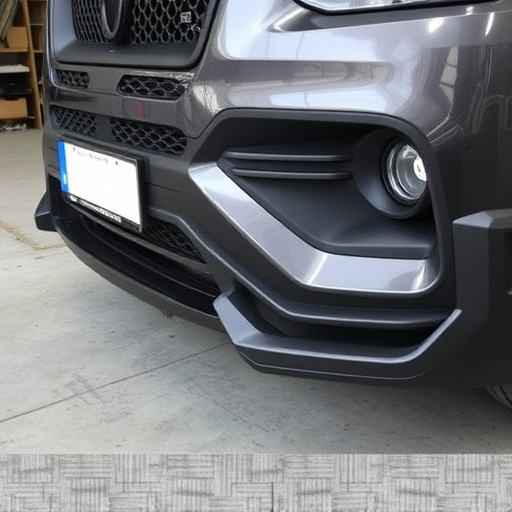
Body panel insulation is a game-changer in collision repair shops, offering numerous benefits for both the workshop and its customers. One of the primary advantages is improved energy efficiency. By insulating panels, these car body shops can significantly reduce heat transfer, which leads to better temperature control within the vehicle. This is especially beneficial when dealing with luxury vehicle repairs, where maintaining a comfortable interior climate is paramount. For instance, in a Mercedes-Benz repair shop, where precision and quality are paramount, insulation ensures that the intricate interiors remain unharmed during the repair process.
When it comes to best practices for installation, ensuring proper alignment and sealing is crucial. Properly installed body panel insulation acts as a barrier against moisture and contaminants, preventing rust and corrosion. It also enhances soundproofing, which is not just about comfort but also ensures that delicate electronic components in modern cars are protected from excessive noise during the repair process. A well-insulated car body shop can provide a quieter, more controlled environment, catering to both the needs of the vehicle and the satisfaction of its owners.
Body panel insulation plays a pivotal role in modern collision repair, enhancing both the structural integrity and energy efficiency of vehicles. By understanding the fundamentals, recognizing its crucial function, and adopting best practices during installation, collision repair shops can ensure superior vehicle restoration and customer satisfaction. Implement body panel insulation as a game-changer in your shop to achieve top-notch results.




